Before leaving this world, Pope Francis chose "Migrants, missionaries of hope" to be the theme of this year's World Day of Migrants and Refugees, which the Catholic Church marks on 4-5 October 2025.
"With these words, the Pope reminds us that migrants do not threaten national security and are something positive,” says Father Paolo Cortesi, parish priest in Belene. “They do not come to plunder, but are guided by the hope of finding something good. They bring their culture, faith and other values, which they can share and enrich us. At the heart of this message is precisely this - the person who emigrates is worthy of our attention, they are not a threat, but a gift to our societies."
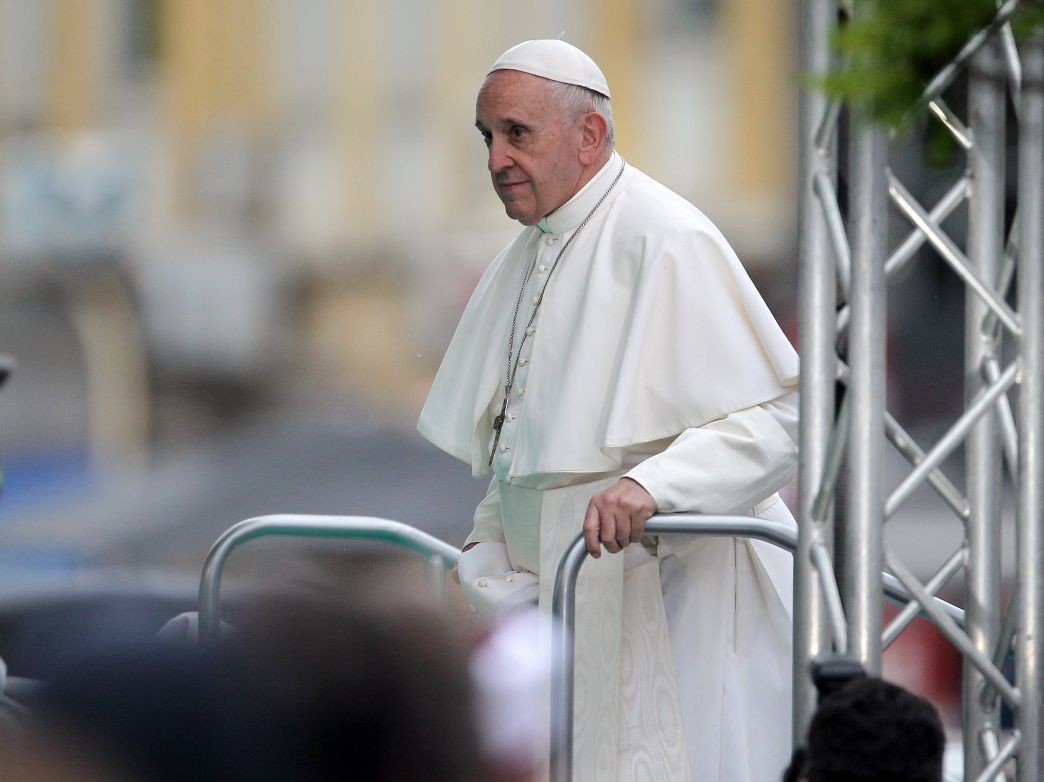
When news of another group of migrants who arrived or, unfortunately, died on the way reaches us, Christians should remember the Israelites' journey to the Promised Land and the long journey from slavery to freedom. However, how many of us make this analogy or instead fill their souls with anger and intolerance towards people who have come to "encroach" on their things? Father Paolo Cortesi recalls the words of St. Paul that all people are migrants in this world.
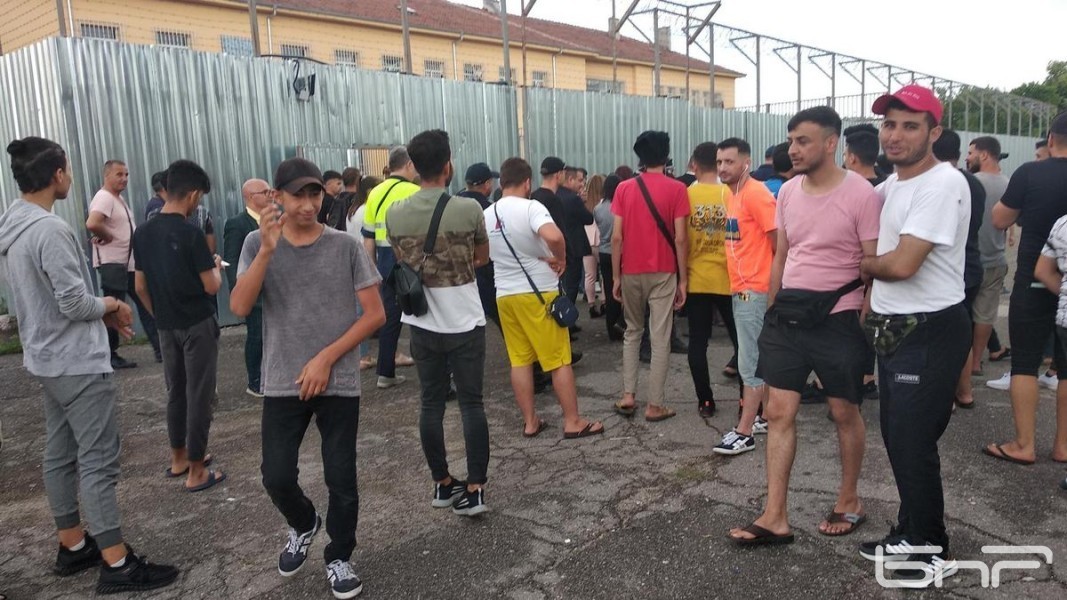
"Seeing someone being forced to leave their home, the first thing a believer should feel is compassion, because no one migrates joyfully," he adds. "Compassion is needed for the suffering of people who have crossed deserts (the Sahara is full of the bones of people who have set out on a journey), some who have drowned in the sea with their children in small boats, others who are detained in camps, beaten or shot. To remain indifferent or angry towards them is a great sin. After a tragedy, Pope Francis said on the island of Lampedusa: ‘This is the shame of our society that no longer knows how to mourn and pity.’ I hope that this day will awaken at least a little compassion in us and that we will not only look after our own interests."
Unfortunately, there is lack of compassion, with few exceptions, and its empty place is filled with distrust, aggression and fear, fueled by politicians.
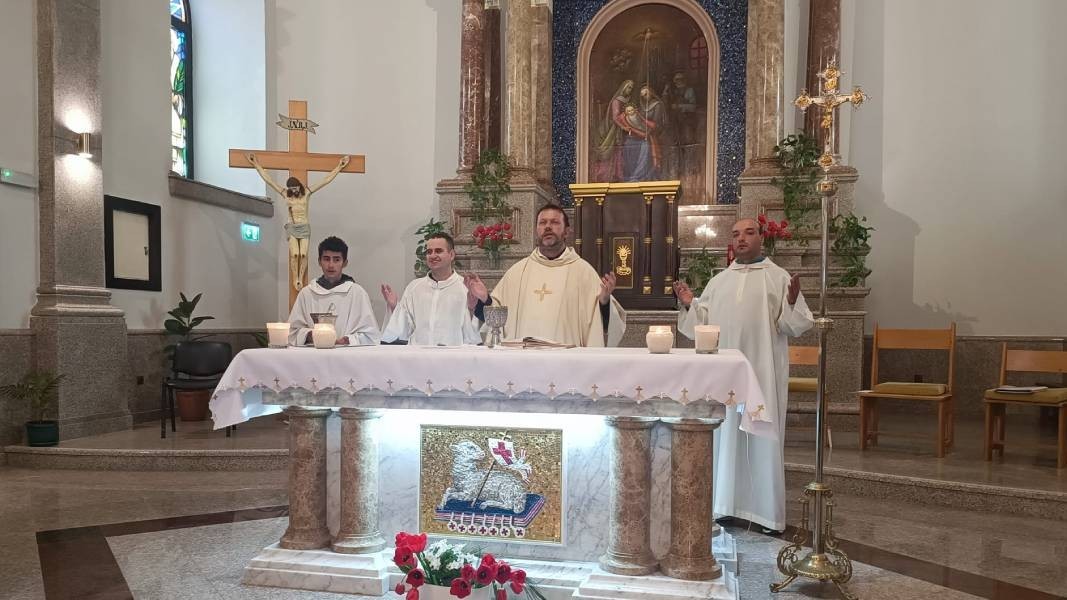
"Many of the people sowing hatred were baptized – they think they are Christians, but in fact they work for the devil,” Father Paolo Cortesi says. “Migrants and refugees are normal men, women, children, seeking asylum, work, home, peace. That is why we must be careful with these false prophets who spread nonsense and, ignoring reason, abuse people's feelings."
However, how can we open our hearts to the exiled and accept them as our brothers, because every person on this earth has the right to a dignified life?
"It would be a good school to talk and listen to a refugee," says Father Paolo Cortesi, recalling that about 3 million Bulgarians are migrants because they have no job and no future in their homeland. But the meetings would only make sense if we approach our neighbour openly and without prejudice.
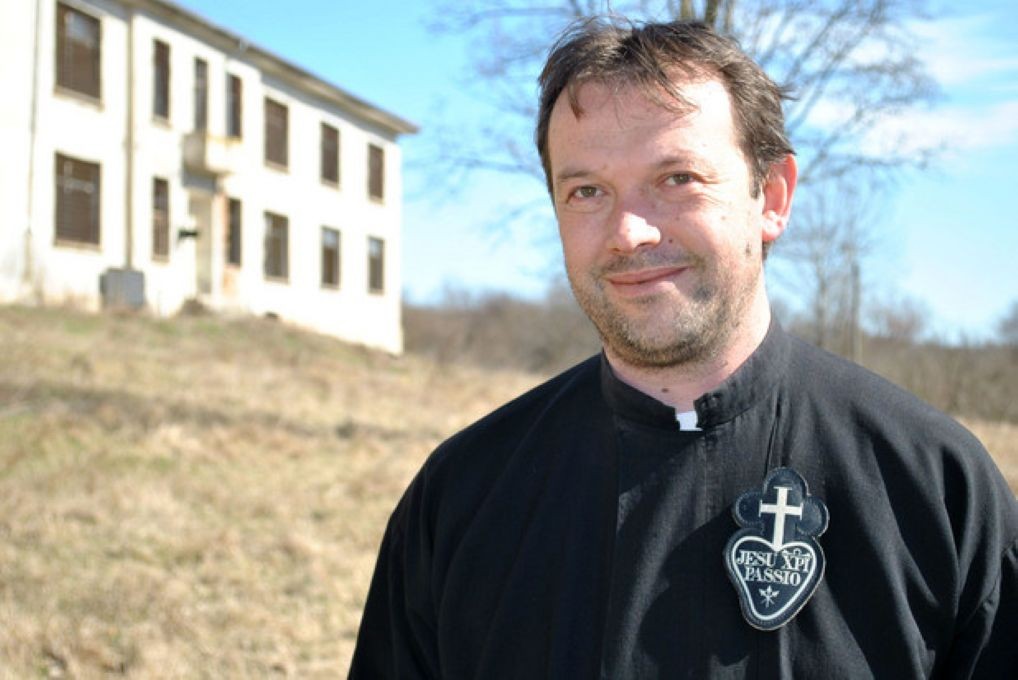
"The words of Jesus Christ are well known: ‘I was a stranger and you welcomed me.’" Father Paolo Cortesi says. “Unfortunately, when I listen to parliamentary control on the radio, I hear politicians in the National Assembly saying about migrants that we must send armoured vehicles to the border, that there must be more soldiers there and we must defend ourselves, as this is a threat to national security. However, it would be nice if at least one politician said that there are people in need who are knocking on our door and we should send the Red Cross, psychologists, teachers, translators to the border; that we should welcome them with bread and salt and ask them what they need, why they are fleeing, what they want, do they have health problems, and how can we help them. We should invest some money in tents, beds and food, to give these people a glass of water and clothes, to help them integrate into the European Union. I don't see the threats that politicians shamelessly talk about, but I see that Bulgaria is dying - the population is decreasing and the number of Bulgarians emigrating is higher than that of foreigners coming to the country."
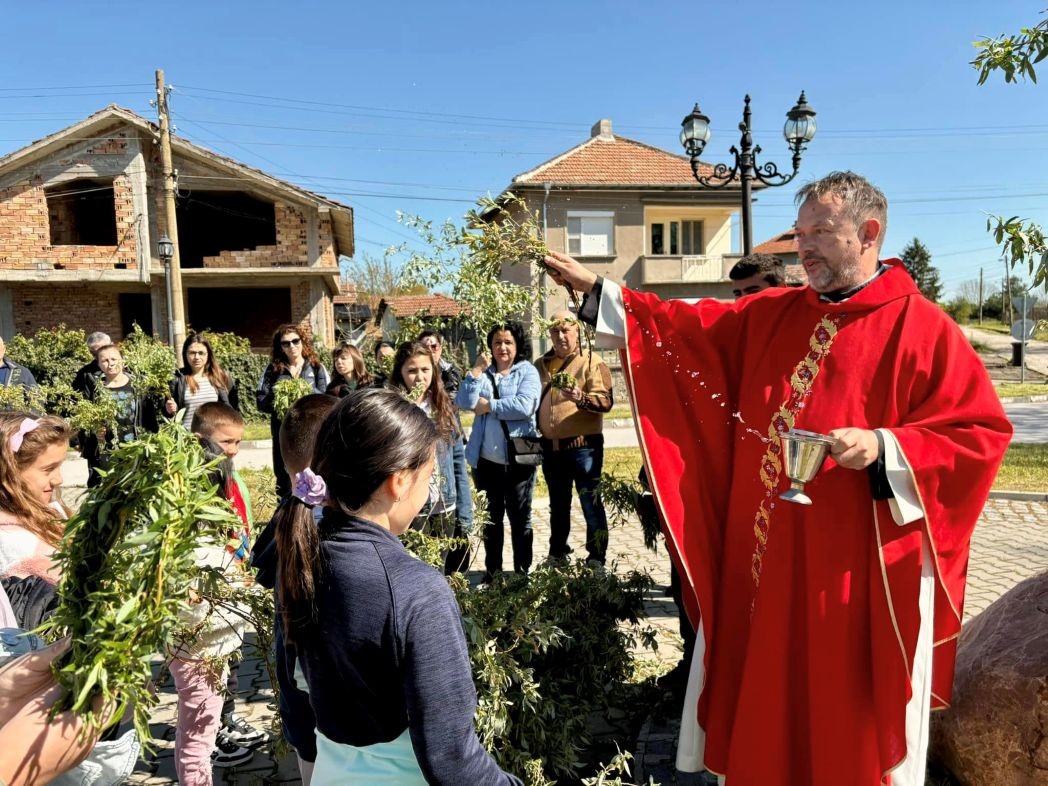
One of the spreading lies, according to Paolo Cortesi, is that most migrants are Muslims and want to establish Muslim states on European lands. In his native Italy, for example, 70% of those seeking asylum are Christians and all together can contribute to inter-religious dialogue based on shared values.
"At least on this day let us pray to God to protect everyone on their way and that they meet good people who will help them integrate and have a dignified life. And to those who harbour fear of migrants and refugees, I wish them to overcome this feeling and use their reason more."
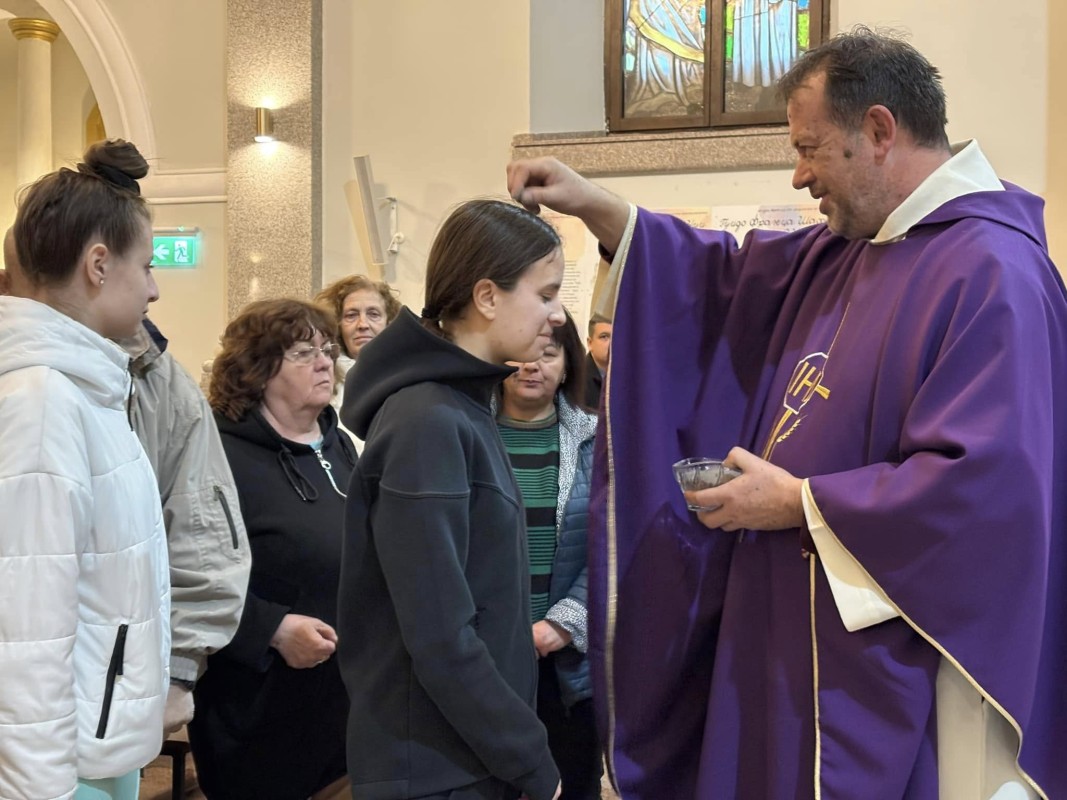
Although we like to surround ourselves with borders, the truth is that we all belong to one family, we are all on a journey and are only temporarily on this earth.
"Let us not close ourselves in our fortresses, let us not be afraid of meeting the other, let us enrich each other, let us help each other on the way to our heavenly homeland," Father Paolo Cortesi says. "As it is written in the Bible, God expects people to come there from the east and the west, from the north and the south, from every nation and language. So we must get used to living together, since in heaven we will be mixed in eternity."
Author: Diana Tsankova
Publication in English: Al. Markov
Photos: Catholic Community - Belene, BTA, archive, Dora Atanasova, BGNES
The Bulgarian minority in Romania marked a significant event with the official opening of the Bulgarian Inn in the village of Izvoarele (Hanul Bilgarilor), Teleorman County (Southern Romania)- a locality with Bulgarian roots dating back over 200 years...
The 14th edition of DiVino.Taste, Bulgaria’s leading forum for wines and winemakers, will take place from 28 to 30 November at the Inter Expo Centre in Sofia. Over 80 producers from all wine regions will participate, offering tastings of around 600 of the..
Minutes before the second and final reading, at the parliamentary budget and finance committee, of the state budget for 2026, the leader of the biggest party represented in parliament GERB Boyko Borissov halted the procedure and sent the draft bill..

+359 2 9336 661
